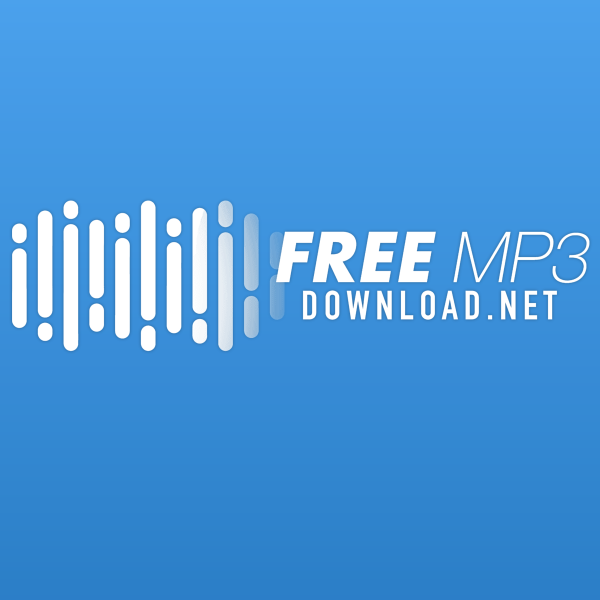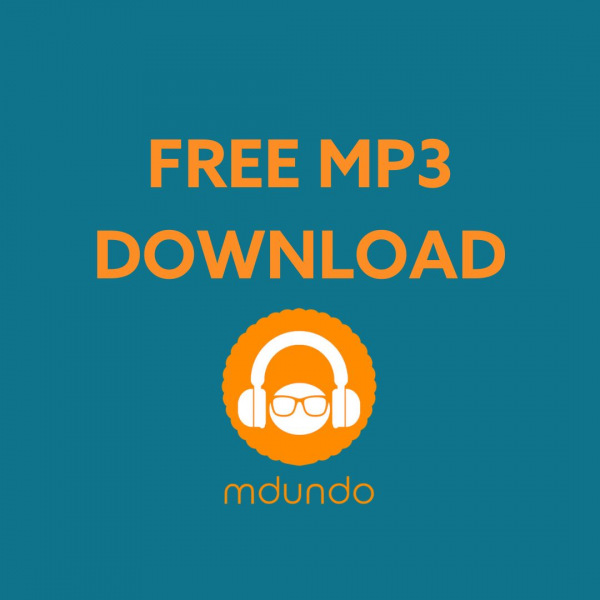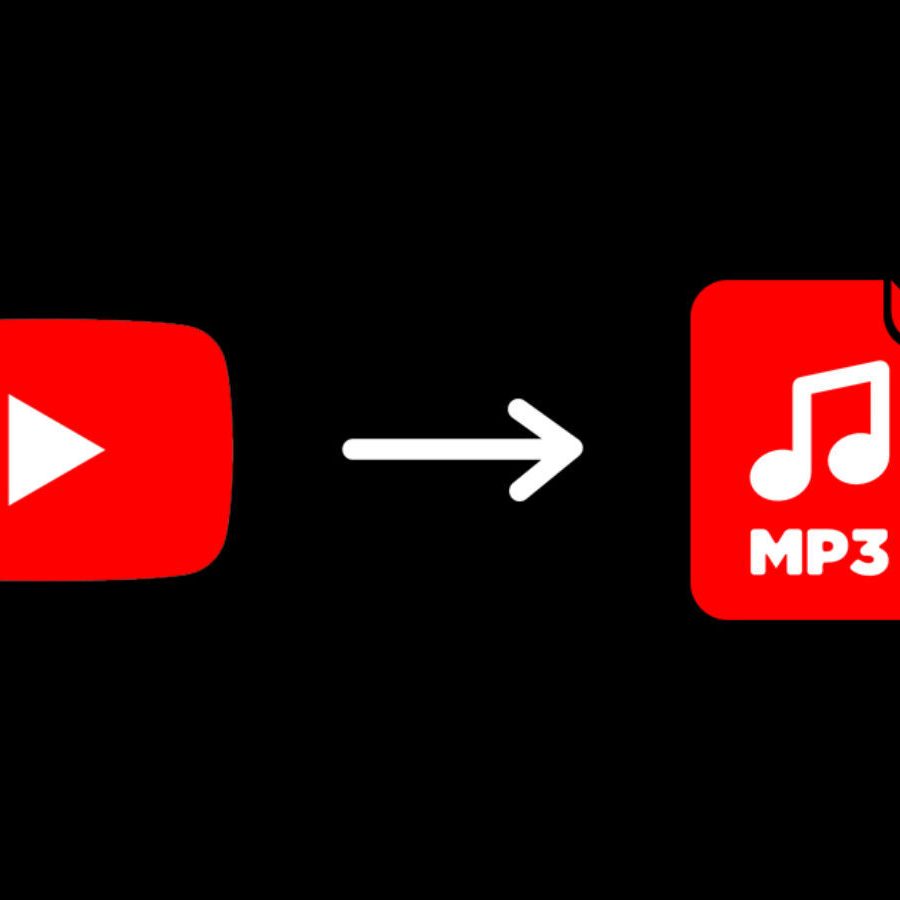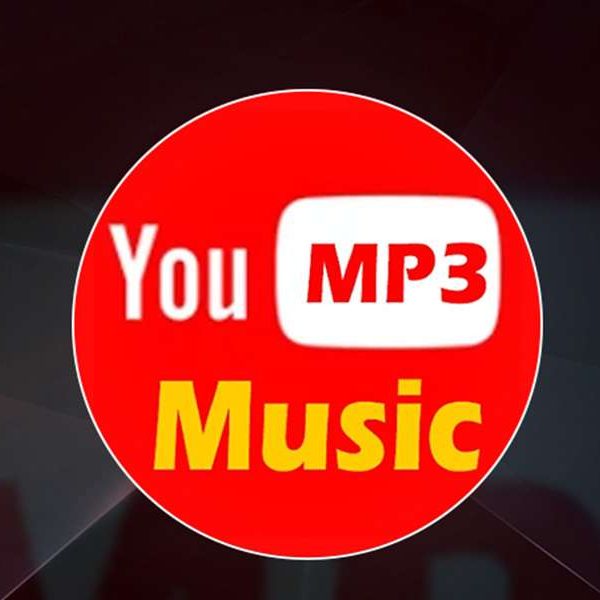With the rise of digital music, MP3 downloaders have become increasingly popular for accessing and enjoying music. However, not all downloading methods are created equal. Understanding the differences between legal and illegal MP3 downloader is crucial for any music fan. This article explores the legal implications, risks, and best practices related to MP3 downloading, providing you with the knowledge needed to navigate the digital music landscape safely.
Understanding MP3 Downloading
What is an MP3 Downloader?
An MP3 downloader is a tool or software that allows users to download audio files, typically in the MP3 format, from the internet. This allows you to store and play music locally on your devices without needing an active internet connection. There are various types of MP3 downloader, ranging from dedicated software applications to online services that can convert streaming audio into downloadable files.
The Music Industry Landscape
The digital music landscape has evolved dramatically over the years. Traditional methods of purchasing physical copies of music have largely transitioned to digital formats. As a result, many consumers seek convenient ways to access their favorite songs. While some artists and record labels support free downloads through legal platforms, others see illegal downloading as a threat to their livelihood. Knowing the distinctions between legal and illegal downloading can help you make informed choices.

Legal MP3 Downloading Options
Purchase from Authorized Platforms
One of the simplest ways to download music legally is to purchase tracks from authorized platforms. Major services like iTunes, Amazon Music, and Google Play Music allow users to buy individual songs or entire albums. When you purchase music from these platforms, you have the right to download, store, and play the tracks on compatible devices. This supports artists and ensures that they receive fair compensation for their work.
Free and Legal Alternatives
Several platforms offer legal downloads for free. Websites like Jamendo and Free Music Archive provide a selection of tracks from independent artists who have chosen to share their music without charge. These platforms often include licensing information, so users know exactly what they can and cannot do with the downloaded files. Additionally, many artists share free music on their websites or social media channels, encouraging fans to download their work legally and create a strong artist-fan connection.
Illegal MP3 Downloading Practices
Understanding Copyright Infringement
Downloading music illegally typically involves obtaining files from unauthorized sources, such as peer-to-peer (P2P) networks or torrent sites. Engaging in these practices often violates copyright law, as it deprives artists and record labels of potential earnings. Copyright infringement is a serious offense and can lead to legal consequences, including hefty fines or even litigation in extreme cases.
Risks of Illegal Downloading
Aside from the legal ramifications, illegal downloading poses additional risks. Many unauthorized sites are not secure and can expose users to malware, viruses, and phishing attempts. Downloading from these untrusted sources may compromise your devices, leading to data breaches and identity theft. Furthermore, downloading illegal music files can be morally questionable, as it undermines the effort and hard work artists put into creating their music.

Recognizing Reliable Sources
Features of Legal Sites
To ensure that you’re downloading music legally, recognize the traits of reliable sources. Legitimate websites will clearly state their licensing agreements and payment terms. Look for features such as user reviews, a clean interface, and secure payment methods to ensure you are accessing authorized content. If a site offers large quantities of popular music for free, it’s often a red flag.
Identifying Warning Signs of Illegitimacy
Conversely, sites that ask for personal information in exchange for free downloads or promise copyrighted content at no cost are likely illegal. Trustworthy services usually have transparent terms and conditions and will never require excessive personal data. Always conduct a quick online search of a site’s reputation before downloading anything.
Understanding Copyright Laws
Copyright Explained
Copyright law protects original works of authorship, including music. The law gives artists and creators exclusive rights to their works, preventing people from reproducing or distributing their content without permission. Downloading music illegally infringes on these rights, making it crucial to understand the implications of your actions.
Fair Use and Exceptions
In certain circumstances, exceptions exist under the doctrine of “fair use.” For example, if you download a song for educational purposes or as part of a review, you may fall under this category. However, fair use is often misunderstood and can be legally complex. It’s essential to consult legal professionals if you have specific questions about your usage rights.

The Future of Music Downloading
Shifting Trends in Music Consumption
As the music industry evolves, streaming has become the predominant way people consume music. Services like Spotify, Apple Music, and YouTube Music dominate the market, providing users with affordable access to vast libraries without the need for downloads. The convenience and flexibility of streaming have led to a decline in traditional MP3 downloader.
The Role of Subscription Services
Many subscription-based services now offer legal and convenient ways to listen to music while assuring artists receive compensation. By subscribing, users gain unlimited access to songs and albums, ensuring they are participating in a legal framework that supports creators. As streaming continues to gain prominence, legal downloading will adapt accordingly, leading to new models that encourage fair compensation.
Best Practices for Legal Downloading
Educating Yourself on Licensing
To ensure you’re downloading music legally, take the time to educate yourself about licensing. Many artists provide licenses on their websites, informing fans of how they can use the tracks. Pay attention to any restrictions listed, as they can vary from artist to artist. This knowledge allows you to respect the rights of creators while enjoying their work.
Supporting Independent Artists
If you genuinely appreciate a particular artist, consider supporting them directly. Purchasing music from their official site or attending live shows contributes to their overall success. Many independent musicians are grateful for the support of their fans and may offer exclusive content available only through legal channels. By taking an active role in supporting the artists you love, you can help cultivate a thriving music community.
Understanding DRM
Digital Rights Management (DRM) is a technology used by music producers and distributors to control how their digital content is used and shared. This system helps protect against unauthorized copying and distribution, ensuring that artists receive proper compensation for their work. When you purchase music from legal sites, you may encounter DRM restrictions that limit how you can use the files. These restrictions can include limitations on copying, burning, or sharing the music.
Dealing with DRM Limitations
While DRM serves to protect creators’ rights, it can also lead to frustration for consumers who want to use their music freely. If you plan to use music across multiple devices or share it with family members, look for platforms that offer DRM-free music options. Many independent artists and some major platforms provide tracks without DRM restrictions, allowing you to use the music more flexibly. Always read the terms of service carefully, so you know what limitations, if any, apply when you download music legally. By being informed, you can enjoy your music without unexpected hurdles and ensure that you’re supporting artists in a responsible way.
Conclusion
Understanding the differences between legal and illegal MP3 downloading empowers you to make informed choices as a music consumer. While legal downloading supports the artists and the music industry, illegal downloading can lead to serious legal and ethical consequences. Always seek authorized sources to respect copyright laws and enjoy your favorite songs without concern.
As the music landscape continues to shift, adapting to new technologies and platforms is vital. Embrace the opportunity to support creators and maintain ethical consumption practices. By following the guidelines outlined in this article, you can enjoy the world of music responsibly and help ensure a vibrant future for artists everywhere. Always remember: the joy of music is best shared when it’s respected and valued.


